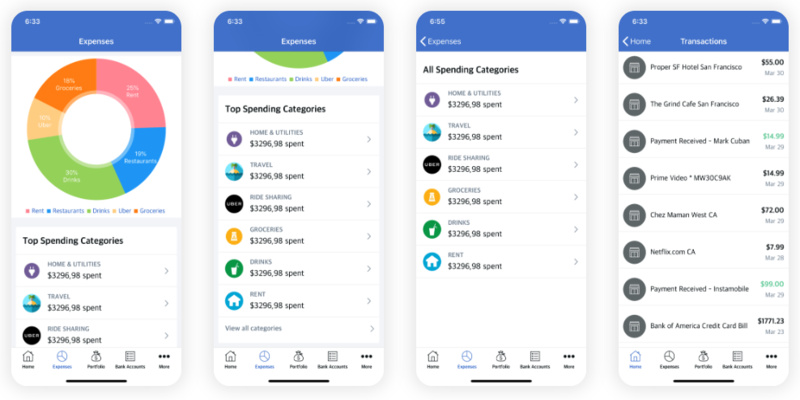Real Estate Agents Earning
Oct 25, 2023 By Susan Kelly
Some people sell real estate for the financial reward, while others are drawn to the profession's glitz, excitement, and difficulties. Others are interested in pursuing a career in which they may assist others in realizing their ambitions. Most real estate agents in their first year make relatively little money. This is primarily because they work hard to understand the company while building customer bases. They may continue to develop their company over the years by receiving recommendations from customers who are pleased with their services. They also become knowledgeable about other strategies to attract customers.
In most cases, the earnings of real estate brokers are higher than those of real estate agents. In 2020, the typical annual income for real estate brokers was around $60,000. 1 It is helpful to understand the many real estate designations since each one has a specific use that it is best suited for.
How the Payment for Real Estate Commissions Is Made
The amount of money an agent makes is determined by the number of deals they close, the commission paid to the brokerage, and the percentage of that profit that the agent splits with sponsored brokers. Agents just beginning their careers often start with a smaller share of the commission pie as they gain experience in the industry.
Most real estate agents get their compensation via a listing agreement signed by both the seller and the listing agent. On the other hand, buyer-broker contracts allow direct payment to be made to a buyer's broker. After that, the fee is split between the brokerage representing the buyer and the brokerage representing the seller. It is possible to negotiate any real estate commissions; nevertheless, agents are free to choose their costs, which are paid to the broker and not to the agent directly. Brokers are the ones who employ agents.
An Example
If the selling price were $200,000, the total commission would be $14,000 based on a rate of 7%. The listing brokerage would keep 7,000 dollars of this amount as their compensation. The listing agent would be compensated based on a share of that $7,000; for a first-year agent, and you should anticipate paying around 60% of the commission.
At a split ratio of 60%, the agent would bring in $4,200. After subtracting federal and state taxes, which might add up to more than 30 percent, they would be left with a net sum of around $2,940. In addition, the agent is responsible for paying overhead and other expenditures, which may consume an additional 20% of the gross revenue, leading to a net income of just $2,352.

How Many Homes Do Agents Sell?
Real estate agents should strive to sell the most significant number of properties possible each year to maximize their earnings potential. On the other hand, they could only sell a few each year depending on their customers, the market in their location, and the market in general. It is said that just 20% of the agents are responsible for 80% of the business. Agents often do not enter the industry with the mindset that they would be one of the 80% of agents who only earn 20% of sales, but unfortunately, this is frequently the harsh truth of the industry.
How Much Do Top Real Estate Agents Make?
The ordinary real estate agent makes far less money than the top performers in the industry. It is reasonable to conclude that a real estate agent would need to sell at least one house every month to qualify as a leading producer. However, each real estate agent determines the qualifications for top producers. According to the BLS, the beginning salary for top producers is around $112,610 per year.

Rock star real estate salespeople in cities like Los Angeles have the potential to sell over $500 million worth of property each year, meaning they might individually make millions of dollars each year. Looking at the dollar volume of the top producers, who are listing agents, you should get an excellent idea of how much money they make each year. If a top producer tells you that they sell $50 million in a given year, it is reasonable to assume that they make at least one million dollars in commissions and possibly much more. To make the same amount of money as conventional full-service brokerages, discount real estate brokers often need to sell a more significant number of properties. What discount brokers give up in terms of service is usually made up for by the volume of business they do, or at least that is the intention.

Meta's Earnings Miss Hits Tech Sector Hard: A Market Overview
Boosted Sales Through Advertising Leads Clorox to Raise Profit Guidance

The global minimum tax rate has been supported by 130 countries including China

How to Evaluate a Stock Using the P/E Ratio and the PEG

Chip Shortage May Dent Supplies of Credit and Debit Cards: A Complete Overview

What Are Best Endeavors?
Investors Push Microsoft, Meta for Returns on Billion-Dollar AI Bets

Explore Our List Of Top 5 Budgeting Apps

6 Best Canadian Oil Stocks of 2024

